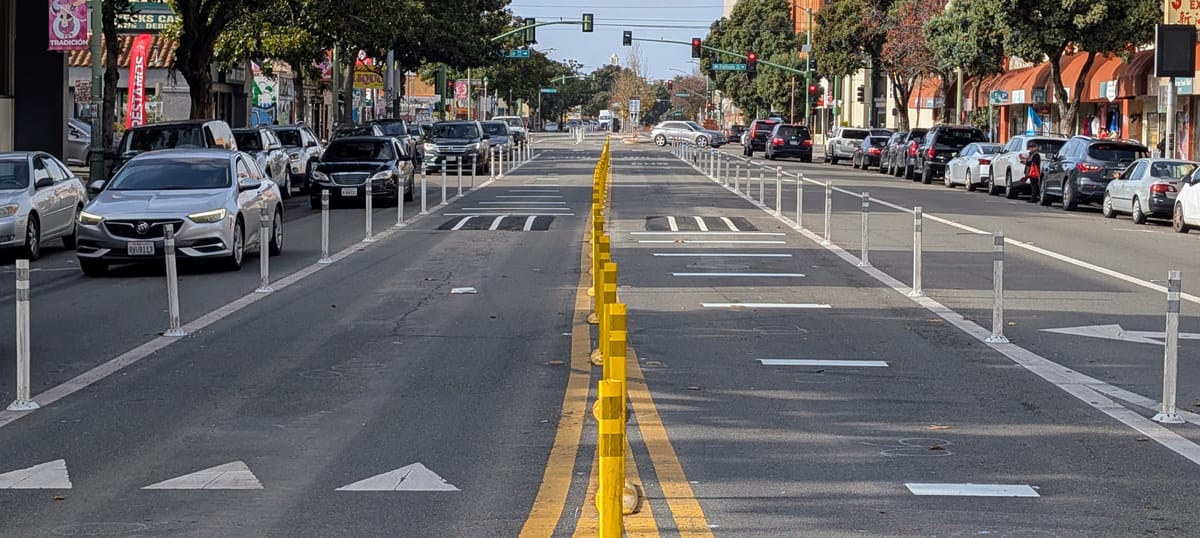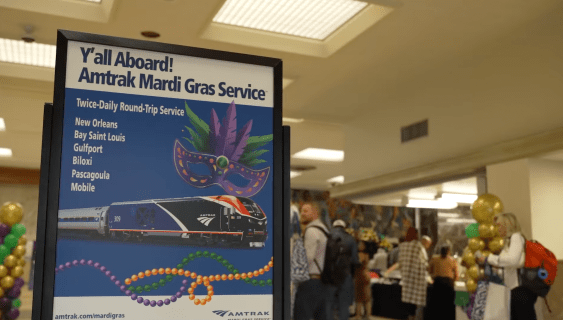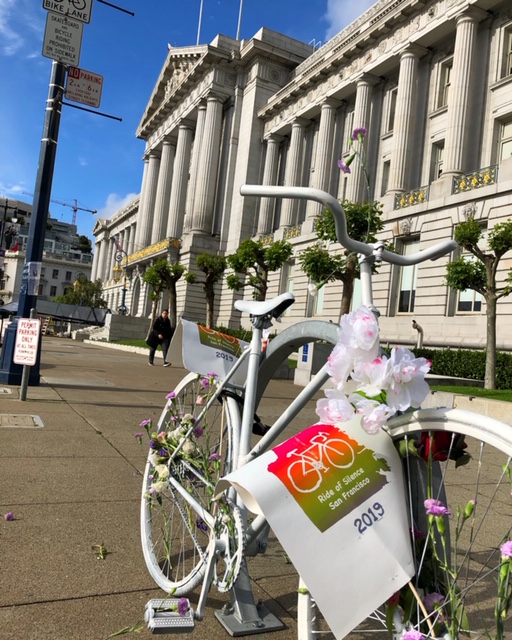Bird and Lime are blaming COVID-19 for a devastating round of layoffs — but are neglecting to mention how their own policies have contributed to putting their employees out of work.
In a March 27 memo to staffers and a particularly cruel pre-recorded Zoom message, Bird CEO Travis VanderZanden cited the "financial and operational impact of the ongoing COVID-19 crisis" as the reason he was laying off 30 percent of his staff. What he didn't mention was that the company preemptively pulled its own fleet in many markets early in the outbreak, cutting the company's core revenue stream at a time when Americans needed scooters more than ever to replace their public transportation commutes.
Dozens of media outlets have reported that similar layoffs are looming at Lime, which to date has pulled its fleets in every country in which it operates, besides South Korea; the company also pointed to rider safety and virus containment as the primary reasons behind the decision to pause operations. Lime reps have so far denied the reports.
But while many media outlets are buying into the narrative that micromobility giants were "forced" to pull fleets, it's simply not true — because throughout America, smaller operators have managed to keep the scooters rolling.
Why scooter companies need to listen to cities — and keep fleets running
Some of the smaller players haven't just managed to keep fleets on the streets — they've actually seen ridership grow.
Gotcha, a micromobility company that offers e-bikes, e-scooters, and e-trikes in about 45 cities across America, reported a 25-percent bump in business in Baton Rouge, LA, and expects revenues to remain stable in most other markets.
"I fundamentally believe that sustainable transportation is a core essential service of community — probably more so during a challenging time like this," said Gotcha CEO Sean Flood. "For me, it was a pretty obvious choice that we needed to be on the streets."
Gotcha didn't make the choice alone. Most of the smaller micromobility companies that are hanging on through the crisis have unusually close partnerships with the cities and campuses in which they run their fleets — such as New York's Citi Bike, whose ridership has been stable, despite a plummet in work commuting. Flood reports that his community partners, at least, expressed an early desire to keep micromobility options available through the outbreak, especially as shared transit networks shuttered and first responders of all kinds needed to find new, solo ways to get to work.
Bird and Lime, by contrast, have a spotty history of honoring the expressed preferences of the communities in which they operate. In their early days, both companies famously took a "better to ask forgiveness than permission" approach to rolling out their services, dumping thousands of scooters and bikes on city streets before cities had a way to regulate them, or even weigh in on how to make sure access to vehicles was equitable. Advocates say it's not surprising that the two companies' recent pullbacks followed a similar pattern: sudden, and without consulting the community of riders who rely on their services.
Companies that operate with zero human sensitivity are the ones that don’t deserve make it through this. Closing my wallet to any corporation that doesn’t put people first right now. Difficult decisions are imminent, treating people like they are disposable is not.
— CR (@Ali09961183) March 28, 2020
Fragile business models don't make for strong micro-transit
Another obvious reason behind Lime and Bird's pullback, advocates speculate, isn't about declining ridership at all — it's their growth-obsessed business model.
The micromobility giants have famously followed the Silicon Valley blueprint to success: burning through billions of venture capital dollars operating at a likely loss in order to achieve total market dominance before, hopefully, going public and actually making a dime. The unprecedented COVID-19 crisis, though, exposed the fragility of this approach — and left riders stranded at a moment when the CDC was urging Americans to take solo transportation like scooters.
Of course, this kind of slash-and-burn business model is not the only way to run a transportation company — and there may be an argument to be made, going forward, that if we want micromobility to be a meaningful part of our transportation network, we can't afford to risk it again. The micromobility companies that have, so far, weathered the outbreak tend to focus more on day-to-day stability than capturing long-term market share. Many even have in-house employees rather than gig-economy workers to charge, clean, repair, and move their fleets, albeit mostly part-timers.
"We don't have Juicers, or Catchers, or any of those things," said Flood, referring to Lime and Bird's cutesy nicknames for the independent contractors who maintain their scooters (or at least used to maintain them; most of them are going to be collecting taxpayer funded unemployment benefits pretty soon). "We have a staff. And we adjust our staffing plan dynamically, based on ridership demand. Monday is not the same as Saturday in our industry, and we have the technology to fluctuate our staffing based on that data."
So far, that staff is probably staying pretty busy with the company's enhanced cleaning protocols; Gotcha is detail-cleaning its vehicles every time they're moved or charged, in addition to taking enhanced measures to protect workers and clean the facilities in which they service the bikes and scooters. The company has taken other steps to increase demand for rides, too: notably, they're giving restaurants deep discounts on scooters with baskets so they can affordably transform their former wait staff into short-range delivery workers, rather than laying off those employees or contracting delivery out to expensive, mostly car-based services. Grocery delivery has also been an area of growth.
"All we want to do is be a platform to help people use a small electric vehicle instead of a traditional car," says Flood. "I think this whole crisis will open up all the ways we can do that. I believe we can cut cars out of as much as 75 to 80 percent of small package delivery – and it will save money."
Micromobility Can Help #FlattenTheCurve
Perhaps the most frustrating aspect of Lime and Bird's pullback is the message it may send to micromobility's opponents: that scooter and bikeshare companies are in the business of providing techy access to toys, not an essential transportation service that people can rely on, even in a time of crisis.
But from Spin's defiant decision to stay in COVID-ravaged San Francisco to Wheel's pivot to bikeshare cycles with self-cleaning handles and brake levers, there are abundant examples of bike- and scooter-share outfits that are working hard to bust that myth and keep vehicles available.
Of course, they're not immune to the economic hurt that citizens across the globe are experiencing. Sweden's Voi Scooters, which are popular across Europe, was forced to lay off 20 percent of its staff recently, but that's largely because many of the company's primary markets have restricted all non-essential travel outside the home. Americans under the most stringent shelter-in-place orders are still largely allowed to take a socially distanced bike ride outside the home without a government-issued hall pass, like Italian, French and Spanish citizens have to acquire right now. Voi has pulled scooters in cities when requested by local governments — but more often, the company is keeping fleets going, and even offering complimentary latex gloves in some cities to riders so they can stay safe.
"We do see a future — hopefully not too distant a future — when people will go back to work and back to their daily lives, and they will be in need of increased micro-mobility options and want to avoid crowded spaces," said Kristina Hunter Nilsson, vice president of communications for the company.
She's not the only micromobility leader looking to the future.
"I think this will pass," Flood said. "This industry is not a fad. I think we proven the idea that consumers want something that's not just a single occupancy car."





